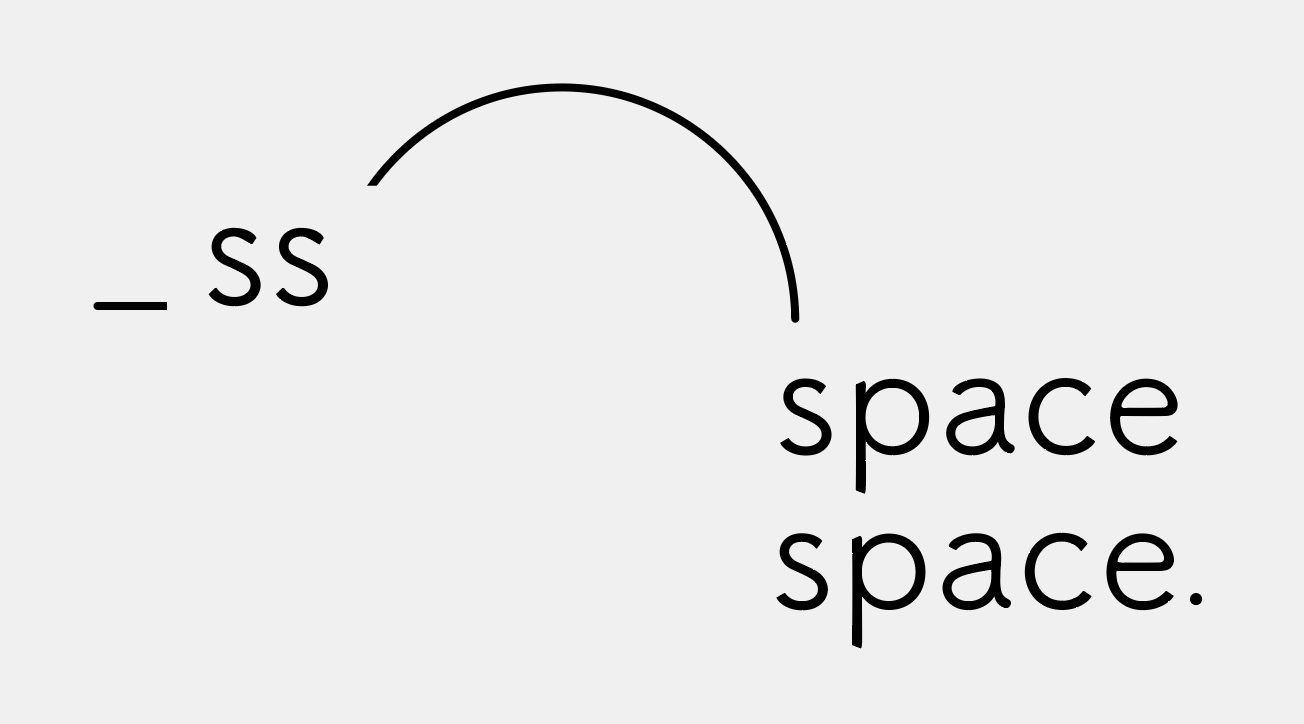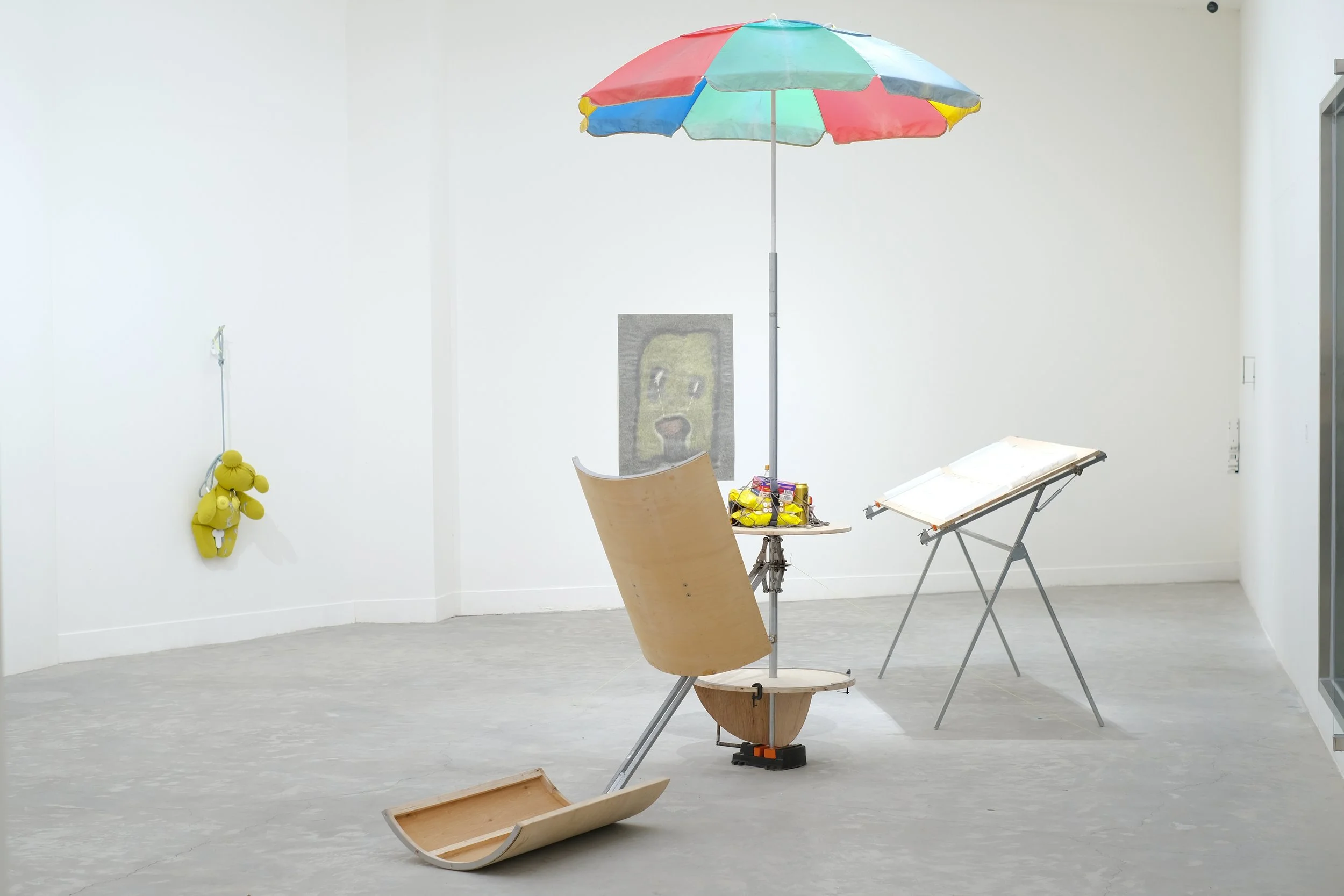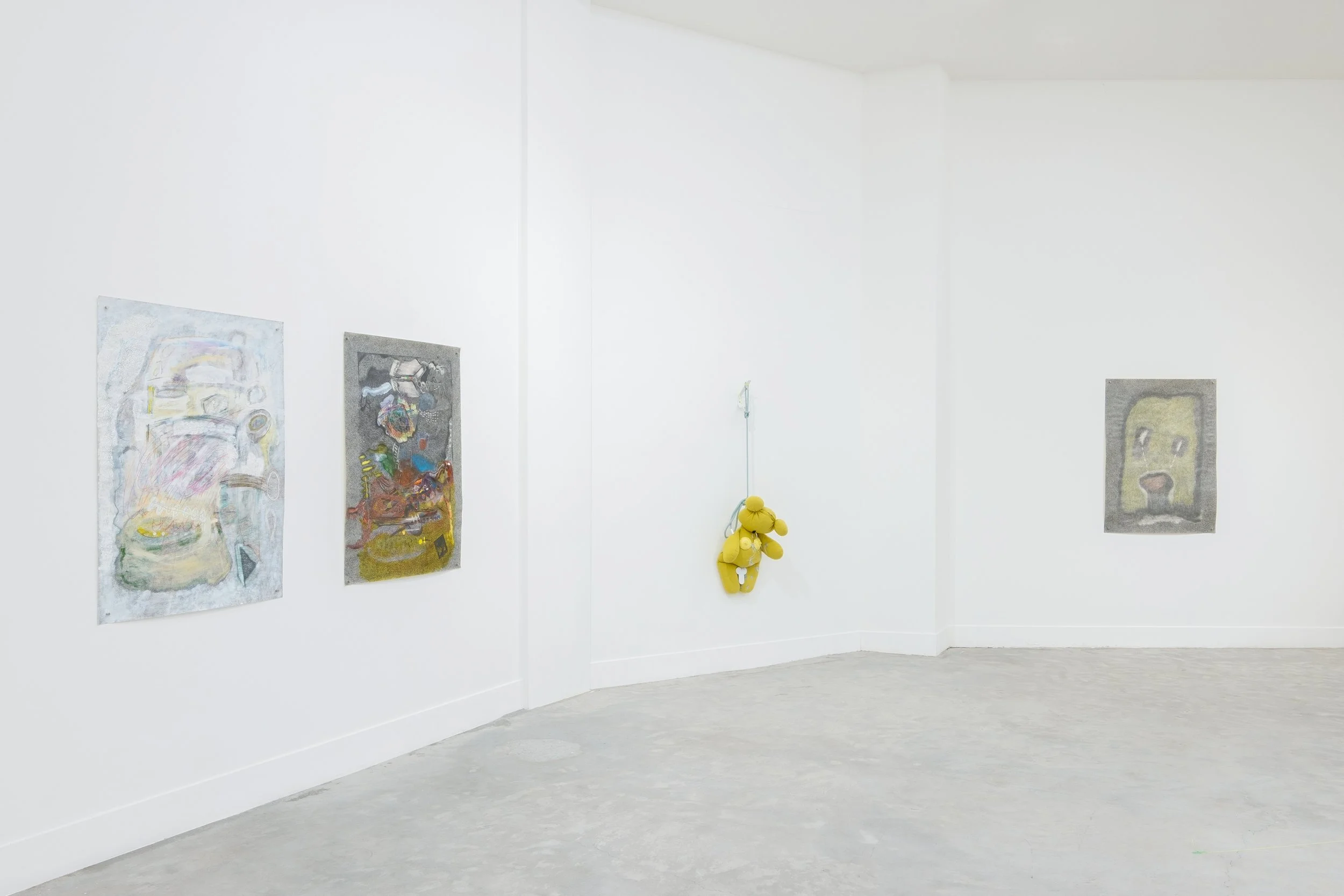Play is often considered an action which consumes time and resources, lacking substantive purpose and diverging from societal norms. However, from an alternative perspective, what if immersing ourselves in the realm of play, could offer a means to temporarily distance ourselves from reality, thereby redefining self-awareness and perception of the surrounding world?
Entitled 'Playing out of Place,' this exhibition brings together the works of Taiwanese artists Hunter Wu and Cheng-Chun Chang, along with British-based artist Alexei Izmaylov. Through the lens of play, the show explores recent installations, sculptures, paintings and photographs by these artists, delving into the positive implications of play for society and exploring its extended definitions and values.
As we engage in play, we must adapt to the rules of the game and overcome obstacles, which redefines our relationship with the world. Play thus becomes a form of active engagement, allowing us to momentarily break free from our habitual inertia by identifying problems and exploring creative solutions. In a world where circumstances are constantly evolving and rules are not clearly defined, play encourages imaginative exploration of new possibilities, and fosters the discovery of solutions beyond the present reality’
Alexei Izmaylov combines ready-mades with industrial materials and creates playful hand-made objects, devoid of any discernible function, while continuously building diverse, absurd and ever-evolving systems. He aims to open up the rules of engagement and offers multiple approaches to reading and understanding. His 'CHANNEL’ series, featured in the exhibition, showcases electrical plug sockets as platforms for crafted sculptures reminiscent of toy figurines. These works can stand alone or be assembled into various free-form and changing configurations. Through this process of imaginative creation, an organic system gradually emerges, exploring the relationships between desire, play, power and consumption. However, because play adheres to rules, the experience of play does not guarantee complete freedom but rather involves adapting to and understanding new rules. Through this process, players seek breakthrough solutions, thereby redefining freedom not as absence of constraints, but the transformation of those constraints.
Hunter Wu also often utilises readily available materials in his work, and, he explores painting in an intuitive manner through repeated actions. By laying down blocks of colour with seemingly childlike brushstrokes, the artist avoids adherence to traditional painting rules by relinquishing rational thought, and gradually closing the gap between his mind and hands. As a result, Hunter Wu's works capture a profound sense of time and spirit within the vast array of similar brushstrokes, revealing the artist's immersive purity and inviting viewers into a world that is unrestrained yet highly cohesive and observant.
Societal participation can also manifest as another form of play, especially when it involves advocacy. Play and advocacy both involve problem-solving and propose change, reflecting individual roles in society, the engagement of free will, and the pursuit of life's meaning.
Cheng-Chun Chang employs a flexible, critical, humorous, yet political approach in his work, adeptly exploring issues such as resource allocation, boundary delineation and human rights. Two of his exhibited works, 'Watch' and ‘Private Research Soldier,’ are delicate observations of life, based on the artist's recent military experiences. Through these works, Cheng-Chun Chang reflects on the extension of time and war issues between physical labour and futility, presented through large-scale imagery and a combination of hand-drawings and three-dimensional installation, creating scenes that are simultaneously familiar yet remarkably alienating.
All three artists initiate innovation through their practice, making proposals that defy conventions and embrace an open world. Play, in their works, is not only a proactive challenge to existing rules but also a process of collision, creation and experimentation. When play becomes a dynamic action, can play break free from the framework of the status quo and offer different perspectives as it becomes dynamic action? Can it help us to maintain a moderate distance from the world, and be vigilant amidst the world's progress? The exhibition, 'Playing out of Place,' anticipates a consideration of 'play' as a means of maintaining speculative and critical abilities, collectively exploring societal issues and methods of addressing them. It encourages reflection on whether play can be a way of resisting institutional actions and expressing ideals in the modern era’s turbulent political landscape?
玩樂(play)經常被認為是消耗時間和資源的行為,其缺乏實質目的和成果的特性,與社會常規多有背離。然而,從另一個視角來看,我們透過玩樂得以全然投身於遊戲的系統中,那它是否有可能成為暫時與現實保持距離的途徑,進而重新認識自我與周遭世界呢?
本次展覽以「玩樂的鼓吹者」為名,匯聚臺灣藝術家吳宣翰、張程鈞與旅英藝術家亞歷謝‧伊茲邁洛夫(Alexei Izmaylov)的作品,以玩樂的視角開展三位藝術家近年的裝置、雕塑、繪畫與攝影等作品,藉以從中探詢玩樂在社會當中的積極意涵,與其延伸定義和價值。
當人們投身於玩樂時,需適應遊戲世界的規則,並且逐步跨越障礙,重新建立自己與當下世界的關係。玩樂,在此也成為一種積極參與的行動,它得以讓我們暫時擺脫習以為常的慣性,以更具創造力的方式發現問題,並試圖提出解決的方法,進而在尚未被定義的規則與發展中,投入自身的想像,開拓與激發超越現實的可能。
亞歷謝(Alexei)擅長結合現成物與工業材料,並將其自製為玩味十足,卻缺乏明確功能的物件,在作品中編制成多樣、荒誕且不斷演變的系統,嘗試重新定義事物相遇的規則,並提供多重的認識方法。此次展出的〈Channel〉系列以電源插座作為雕塑的平台,展出許多如玩具造型般的雕塑;另一方面,此系列中的作品既可單獨成立,也可以將其以多組件、任意的角度創造出不同的組合,使其形塑出自由而多變的造形,而在這充滿誘惑與想像創作過程裡逐漸演變為有機的系統,並於其中探索遊戲、權力、消費與慾望的關係。
而正因玩樂仍有其規則,在遊戲的經驗當中,我們體會到的並非全然的自由,而是透過對於新規則的適應與理解,從過程中找尋突破的應對方法,進而展開屬於自己的敘事行動,重新定義自由。
藝術家吳宣翰的作品多利用唾手可得的媒材進行複寫動作,並嘗試以直覺性的方式進行繪畫。在他的作品中,無論是看似帶有童稚的筆觸抑或是色塊的堆疊,皆是藝術家嘗試著減少對於繪畫既有規則的思忖,放下理性思考,試圖讓手和心的距離逐漸拉近。因此,吳宣翰的作品在眾多相似筆觸的堆疊中同時紀錄了時間與精神,畫筆下也透露著藝術家忘我的純粹,讓觀者得以投身於其筆下無拘無束卻帶有高度凝聚力與觀察力的世界中。
此外,玩樂也可以是另一種參與社會的形式,甚至有時帶有倡議的性質。玩樂雖然鮮少與鼓吹的行動連結在一起,但它們同樣地都是尋找解決問題、推動改變的行動,並且反映了個體在社會中的角色、自由意志的運動,以及對生活意義的追求。
藝術家張程鈞的創作擅透過靈活而批判、詼諧卻政治的創作方法揭開生活環境中的問題意識,例如資源分配、界線劃定與人民權利等問題。本次展出的其中兩件作品〈手錶〉與〈二兵研發兵〉靈感源自藝術家細膩且敏銳的生活觀察,同時結合近期軍中生活見聞。藝術家嘗試以這些作品反思身體的勞動與徒勞之間所延伸的時間與戰爭議題,並透過大尺幅的影像與結合手稿、立體裝置等作品,在展場中呈現充滿倍感熟悉卻又異常疏離的畫面。
三位創作者皆透過自身的藝術實踐,跨越常規,發起向世界開放的嶄新提案。在他們創作中玩樂不僅是一種挑戰既有規則的積極實踐,也是一種碰撞、創造和實驗的過程。而當玩樂成為一種積極的行動時,它是否便能跳脫框架、提供不同於現狀的觀點?它是否能夠幫助我們與世界保持適度的距離,以在世界的進程中保持清醒?本次展覽「玩樂的鼓吹者」期待能以「玩樂」作為保持思辨和批判能力的行動,共同探索社會面臨的問題及面對方法,並進而提出在當前躁動的社會中,玩樂能否能作為表達理想、對抗制度的一種行動呢?
Artists
Curators













